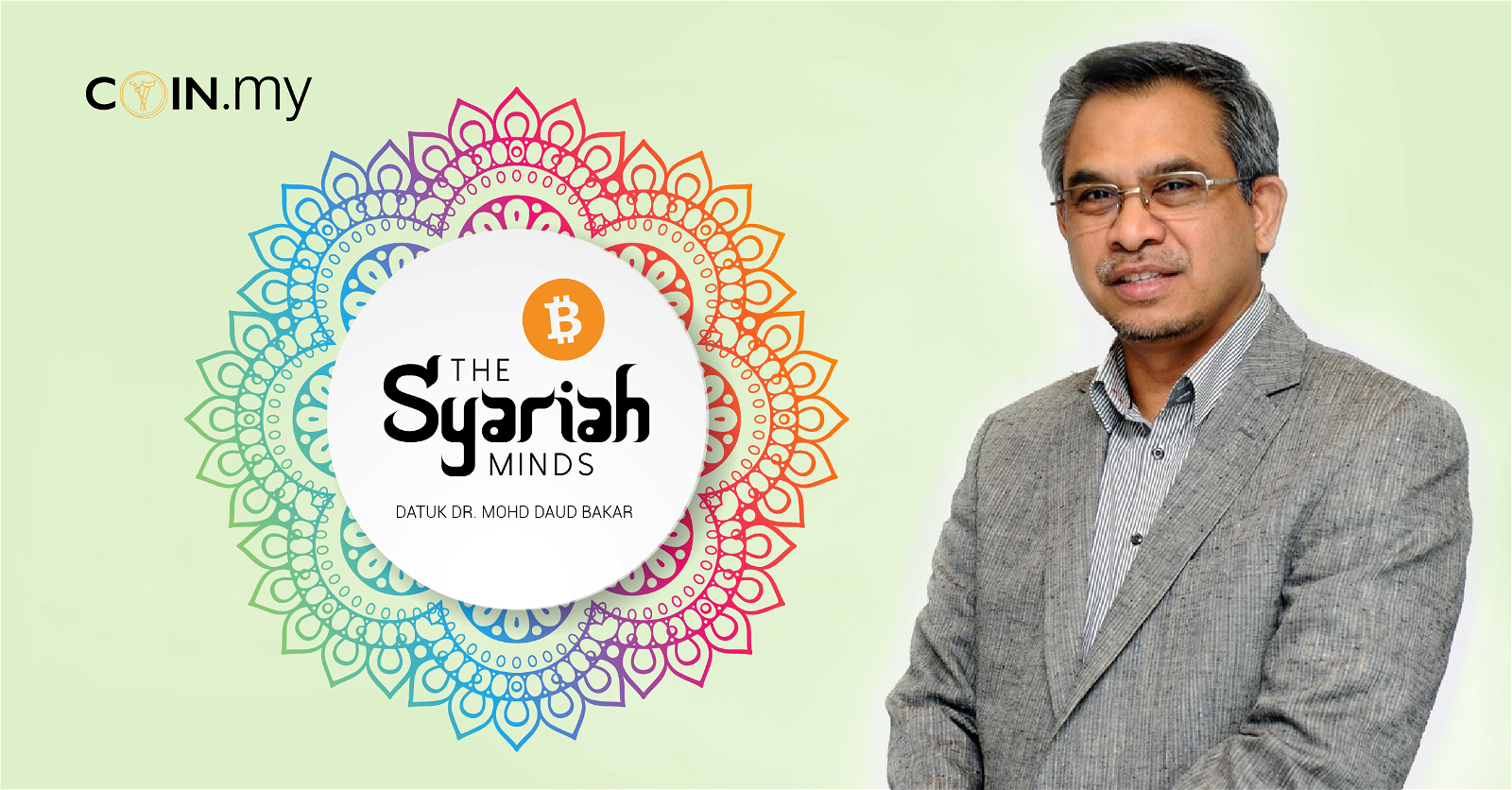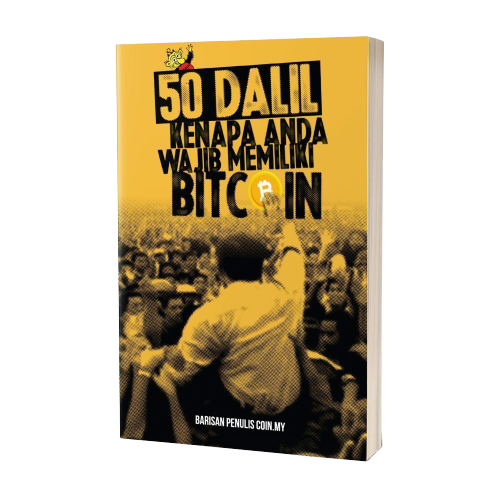Bitcoin: Currency, Commodity, Security or New Identity? A Discussion (Part II)

Translated from article: Bitcoin: Matawang, Komoditi, Sekuriti atau Identiti Baru? Satu Perbincangan ( Bahagian II)
In this second part, let us look at the role and behaviour of currency in the world since centuries ago, when the first human was brought down to this Earth. At that time, currency did not exist, and it is common to barter something with something else of value. A knife is exchanged for grains, or an axe for livestock. That is the level of human wisdom at that point of time, when there was no such thing as an exchange tool or mechanism to measure the value or weight of exchanged goods.
After some time, human evolved and began to use different mechanisms for exchange, such as currency or other medium of exchange. The use of the bartering system slowly began to fade, although is still exists until today. However, it’s difficult to ascertain when exactly humans started to fully use currency as a medium of exchange, although many history experts agree that the practice has existed since the 18th century BC.
In the holy Quran, a verse in surah al-Kahfi mentioned about coin, or wariq, when one of the young men in the cave (after rousing from their deep sleep) was assigned to head to the nearest town to buy food using money, in the form of coins. This is proof that currency in the context of medium of exchange for goods and services has occured during that period.
If we look at history, the currency used before were made from metals, such as gold, silver or other metals that have value. There are even records of use of things that have no intrinsic value, such as shells, feathers, tusks, animal skin, bones and others. This shows clearly that the basis of currency is not its inherent value, but its capability (and people acceptance of it) to act as a medium of exchange.
Modern textbooks mentions two more basic fundamentals or functions of a currency, which is store of value and unit of measurement. In my opinion, what is important is the capability of something to be used as a medium of exchange for goods and services, even though it might not have the ability to function as a tool to measure value or weight. When Imam Malik signifies that a currency can be made from animal skin, it means that a currency does not have to have intrinsic value, and it also does not have to be able to measure or weigh things.
In certain eras, currency are made from gold and silver (also known as dinar and dirham). This is certainly considered as extraordinary, as both are also commodities that have value and can be traded in the market. Even if they can no longer be used as currency, the owners can still sell them easily in the market. This is the advantage of currency made from gold or silver as it has two functions and behaviour.
In this context, however, a country would need to have reserves of gold or silver to produce a unit of currency that is based on precious metals that are kept physically. So that if we need money in circulation that is valued at USD$100 billion, we should have a reserve of gold of exactly that value. This is certainly different from role and behaviour of fiat money. Although it is not perfect, it can function as an effective medium of exchange (without being backed by real asset), but it will have to go through a network of licensed financial institutions.
In 2009, Bitcoin became the world’s first digital money to exist officially. It came about when the world was plunged into the biggest global financial crisis since the 30s. One of the aim of Bitcoin’s creation is to avoid becoming a tool for financial institutions, a weapon of mass destruction in a way. In the crisis that happened between 2008-2010, the failure of the financial world was a result of human greed, as well as the views of parties that are not objective in measuring the main financial risks from trading derivatives that are based on empty numbers with no backing.
The people who founded the theory of digital money believed that a new element, a decentralised system, can exist where banks or financial institutions are no longer able to control the movement of money and the ecosystem is managed and maintained by a network of users. In other words, a system that gives power back to the people. This is a response (and solution) to the global financial crisis that has crippled the economy and pushed people into a state of poverty.
Bitcoin’s creator(s) had created a way for digital money to be produced without being overseen by a centralized figure. This method is know as mining, where mathematical puzzles need to be solved to validate transactions and produce new digital coins. The whole system is based on a new technology that combines cryptography and hash values, knows as blockchain.
This is the combination that ensures it is extremely difficult, virtually impossible, to hack the code of digital currency. The system is also enhanced with distributed ledgers that act a safeguard, in which the record of transactions is copied over and over within a network of computers. This ledger cannot be modified without investing a huge amount of money and time, and even then, it would not be worth it when there are easier ways to gain money.
The next question is, is digital currency or cryptocurrency valid in terms of Syariah law? My answer would be yes. It fulfills all the requirements of a currency (except for the requirement to be a legal tender, set by the government, for those who consider it an important aspect in deciding its validity under Syariah law).
For some, the subject volatility and instability seen in the price of Bitcoin and other cryptocurrency, renders Bitcoin and the likes unacceptable as a form of currency. This is because, in their opinion, a currency has to have stable value. However, this is an unsuitable conclusion. In the history of currency, there has in fact been a few currencies that have volatile values outside of expectations. But this in itself, does not change a currency from being valid, to invalid (or from being accepted by Syariah law to not being accepted by Syariah law). This is an aspect that relates to marketability and acceptance by people of a currency. Even the US dollar, considered to be the most powerful currency in the world, has experienced this problem.
Even if Bitcoin is not accepted as an official currency in the world, at the least, it should be valid to those who accept the value of Bitcoin, whether it rises or falls. Therefore, it can become a currency for a group of specific people. The argument regarding uncontrollable money laundering activities using Bitcoin will spike if its use is permitted, is logical fallacy. Bitcoin alone is not a cause of money laundering activities, in fact, billions of dollars worth of fiat money have been used for money laundering purposes even before Bitcoin existed.
If not for the regulations put in place by the government, such as “Know-your-customer” (KYC) and “Anti-money laundering” (AML) policies, criminal activities involving fiat money would have grown out of control and unstoppable. But even with regulations, there are bound to be more creative ways thought up by criminals to move money around. Looking back, has there ever been a time where money is considered not valid, even with all the criminal activities involved with it? Of course not. Our minds is actually more capable than a digital technology, when it comes to regulating doubtful financial transactions. It is no excuse to invalidate digital money as a currency.
This is only one aspect of a deeper discussion. This discussion is something that is challenging, as it involves cryptocurrency, that has the label “currency” in it, but can also be considered as a commodity or asset that is free from monetary or riba elements. What are the arguments and justifications that Syariah applies in this consideration? Follow part III of the series to find out.
Datuk Dr Mohd Daud Bakar
Note: The views and opinions within this article is personal to the writer and does not reflect any organisations that the writer is associated with.



